Twenty Years of Dedication: A Milestone of Resilience and Success

This is a moment filled with emotion and honor—a milestone to reflect on our origins and look forward to a promising future. Twenty years ago, YELAOSHR began with a humble classroom and a steadfast belief: “Every child deserves to shine.” Today, two decades later, YELAOSHR has grown into an influential educational brand, providing high-quality services […]
YELAOSHR 20th Anniversary: Reflecting on Two Decades, Honoring Our Craft, and Staying True to Our Purpose

Twenty years ago, when a three-year-old girl stood before me and sweetly said, “Good morning, Teacher Yap,” and then opened her book to read the words I had taught her, the pure joy and sense of achievement deeply moved me. However, I also realized that many children who came to me were those who frowned […]
EarlyWorks Experience: A Culinary Adventure in the World of Asian Cuisine
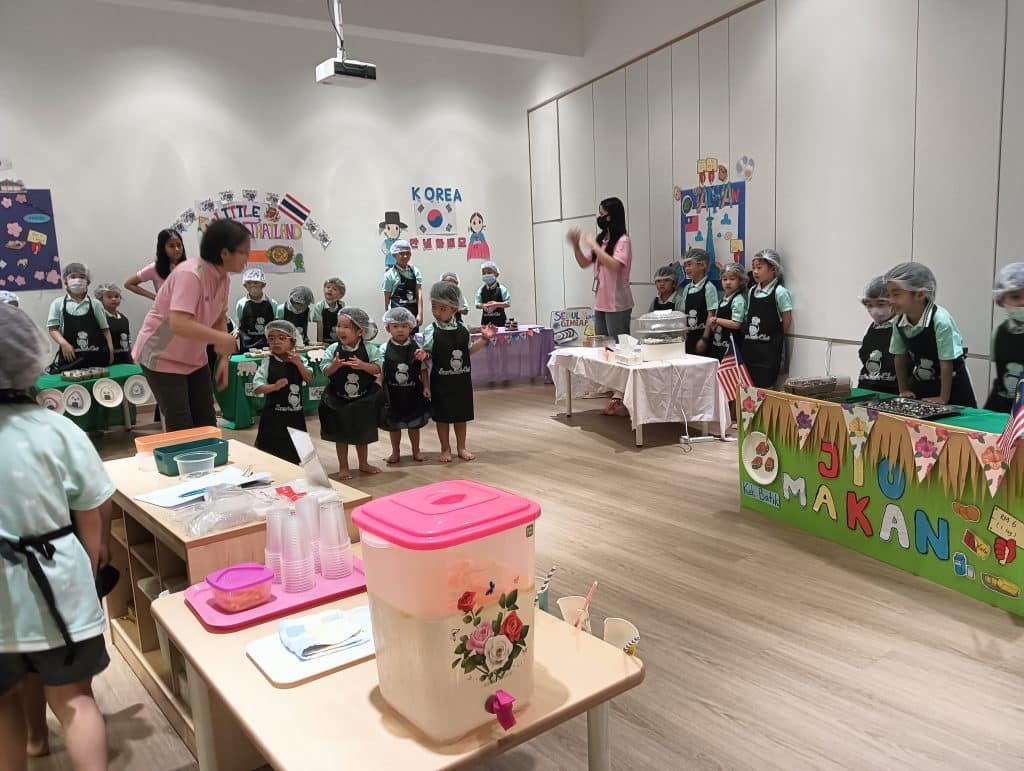
EarlyWorks Experience: A Culinary Adventure in the World of Asian Cuisine At Yelaoshr Creative Preschool, we believe in the importance of hands-on, real-world learning to inspire curiosity and develop essential life skills in young learners. In collaboration with Smart Junior Chef Malaysia, we recently hosted a unique and immersive 5-day culinary workshop titled “Let’s Explore […]
EarlyWorks Experience: A Day at Pu Jian Chinese Medicine Centre
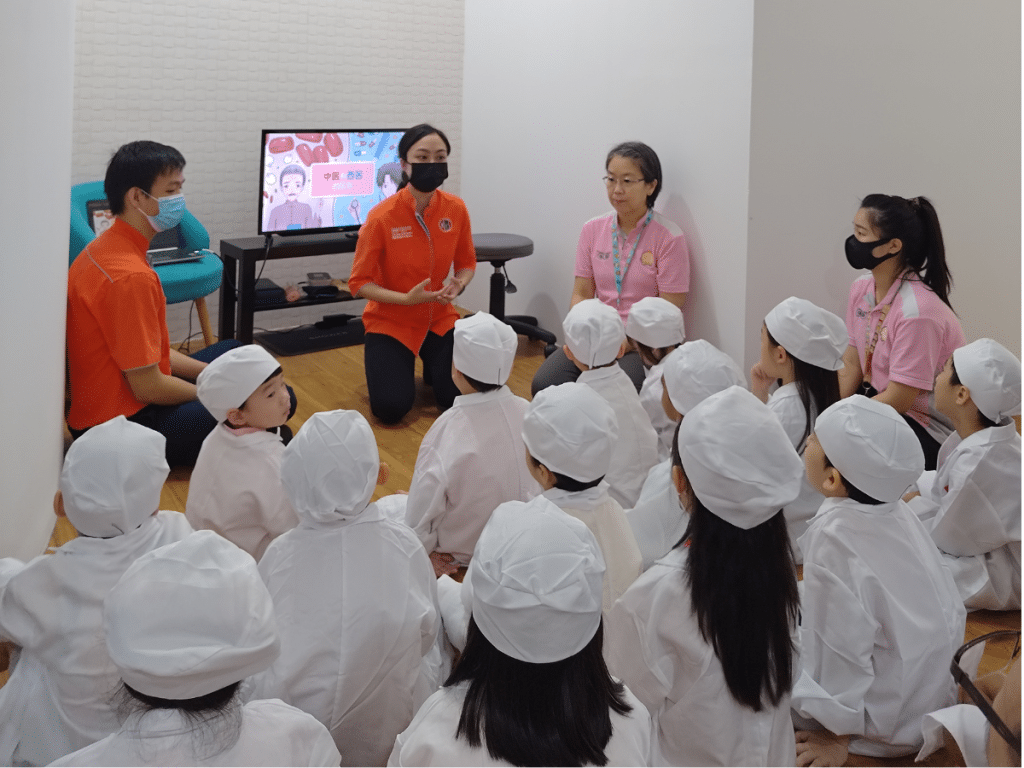
EarlyWorks Experience: A Day at Pu Jian Chinese Medicine Centre Kuala Lumpur, Malaysia – In line with its mission to connect preschool education with real-world experiences, Yelaoshr Creative Preschool recently collaborated with Pu Jian Chinese Medicine Centre (Sri Petaling) to introduce young minds to the fascinating world of traditional Chinese medicine. This initiative is part […]
Integrating Traditional Culture into Innovative Education
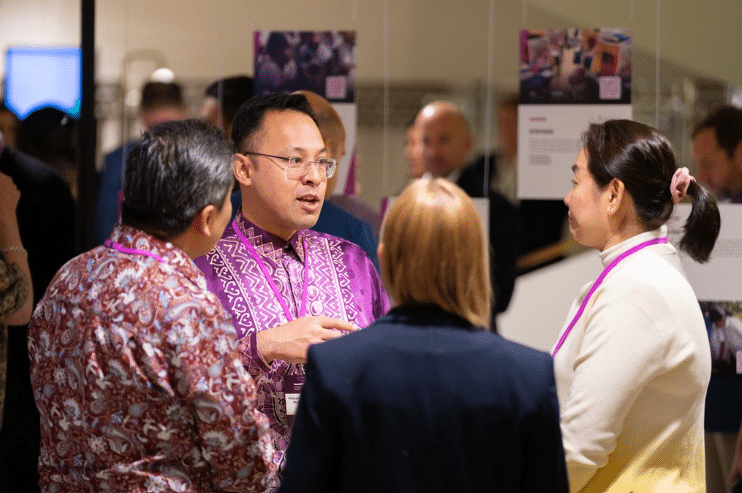
From November 12 to 14, 2024, Dr. David Yap, CEO of Yelaoshr Education Group, attended the HundrED Innovation Education Summit in Helsinki, Finland. The summit gathered education leaders, scholars, and innovators from around the world to discuss the future direction of education, particularly the application of educational technology (EdTech) and the latest trends in educational […]
Empowering Educators, Co-Creating a Better Future: YELAOSHR’s Vision and Mission
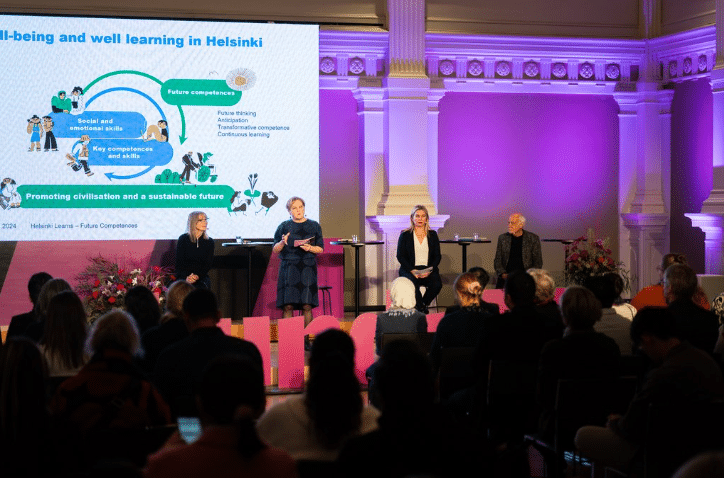
YELAOSHR Education Group’s innovative project – From Educator to Edupreneur – has been recognized as one of the HundrED Global Collection 2025’s top 100 global education innovations. This honour acknowledges the project’s significant impact in addressing teacher fatigue and burnout, enhancing professional development opportunities, and promoting entrepreneurship and professional growth within the education sector. “Empowering […]
From Educational Innovation to the Path of Persistence towards International Recognition.
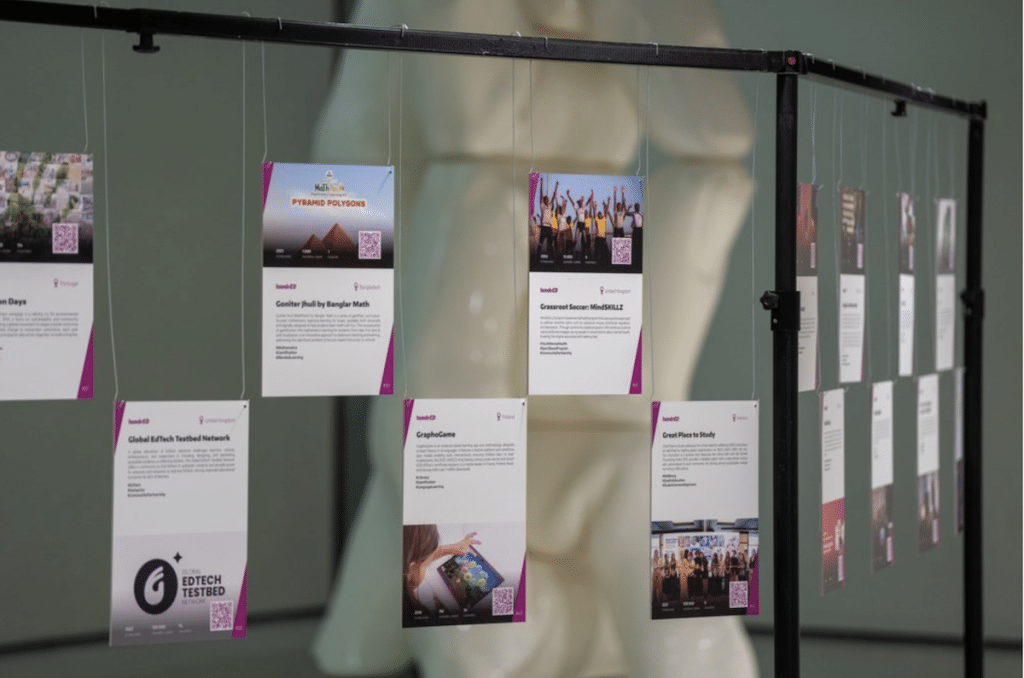
Carol Yap, the founder of Yelaoshr Education Group, has been dedicated to exploring innovative education since entering the education industry in 2005. She firmly believes that the beauty of education should not be measured solely by exam results, but by uncovering and stimulating the infinite potential of children. In 2016, she began to deeply study […]
Why did Carol Yap choose to set HundrED innovative education as its goal?
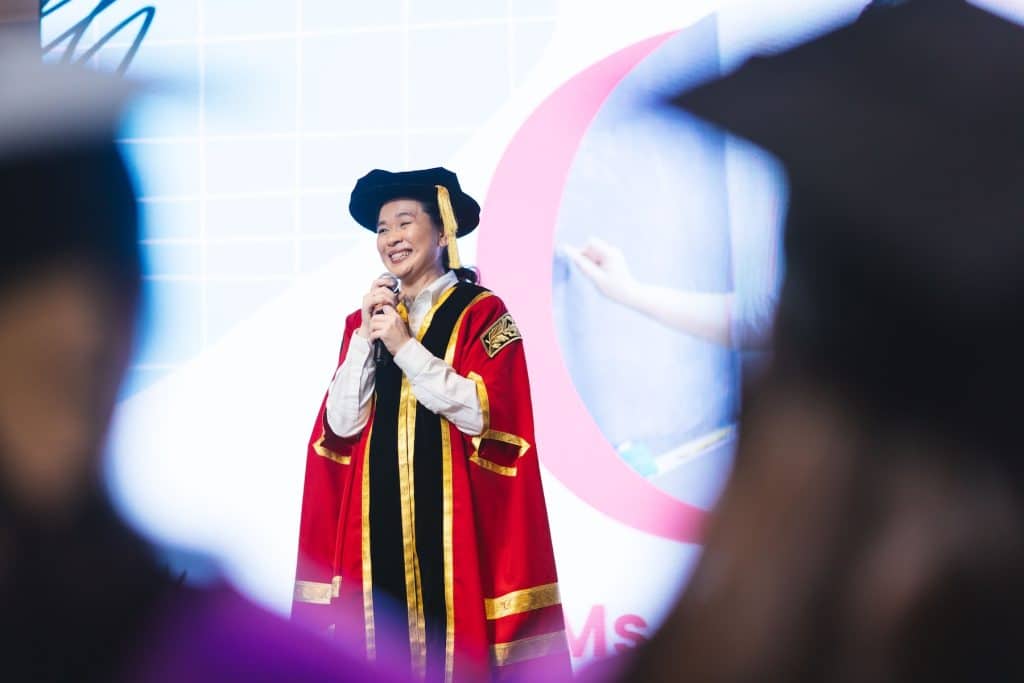
Since Carol Yap entered the education industry in 2005, she has always believed that the significance of education lies not in how well they score on tests, but in discovering each child’s limitless potential. As one of the founders of YELAOSHR, she deeply understands that the future of education depends on innovation and a global […]
Online Learning vs Traditional Learning
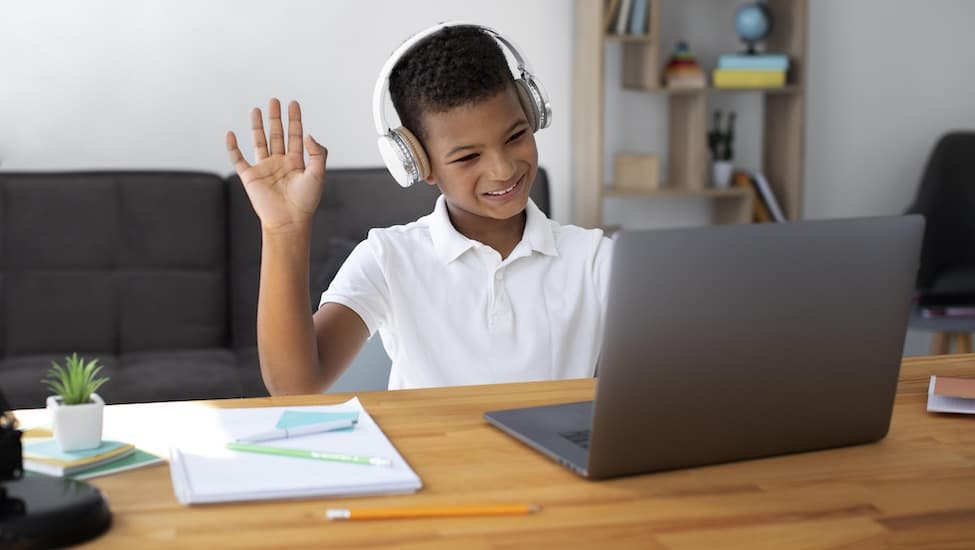
The evolutionary landscape of education includes discussions about online versus traditional learning, which has provoked the urgency of critical discussions in the pedagogical domain. Amidst the transformation of technology, the debate on the effectiveness of traditional and modern learning methods has gained traction. The debates have been triggered, and education professionals and students alike have […]
Seven Benefits of Online Tuition in Malaysia

This detailed exploration will examine the considerable benefits of online tutoring with experienced tutors, analysing each aspect to emphasise its impact.
